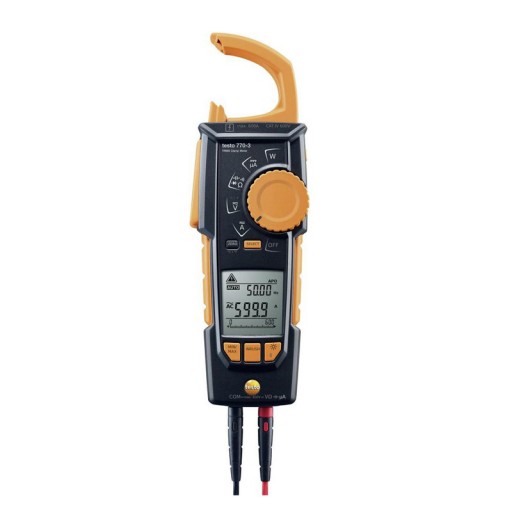RogerMorris
DIY
- Reaction score
- 7
Here is the background:
A new Grundfos 3 phase sump pump was installed in a bore hole to pump groundwater to a holding tank.
After 6 weeks the motor failed, the installer measured the voltage of the 3 phases which at the time were
P1-237v
P2-250v
P3-233v
and suggested this was the likely cause of the motor failure and I should install a 3 phase voltage stabilizer.
Do you think he is correct?
A new Grundfos 3 phase sump pump was installed in a bore hole to pump groundwater to a holding tank.
After 6 weeks the motor failed, the installer measured the voltage of the 3 phases which at the time were
P1-237v
P2-250v
P3-233v
and suggested this was the likely cause of the motor failure and I should install a 3 phase voltage stabilizer.
Do you think he is correct?









